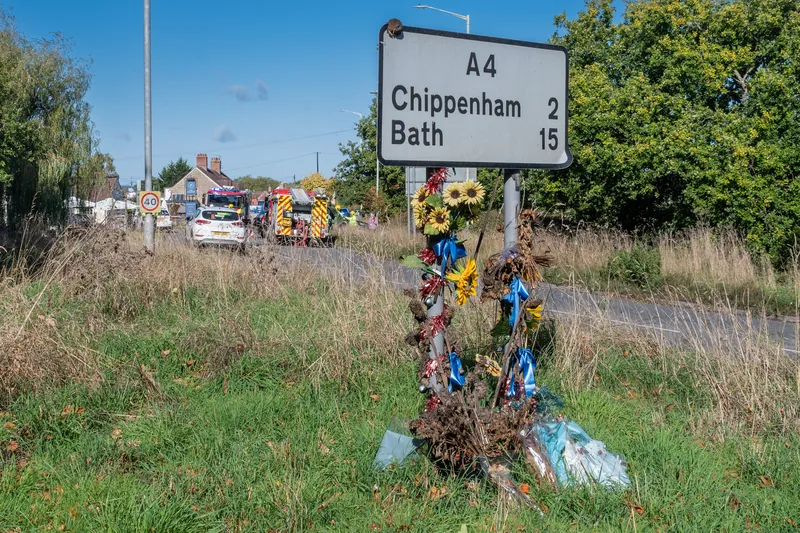Both councils are now assessing the suitability of three sites in Hertfordshire and Essex towns for a two-month pilot in March.
The smart city solutions will send alerts that predict issues for blocked street drains that cause flooding. They will also be used to notify the highways team of high winds or gusts and help them build a data set that predicts dangerous driving conditions. In addition, traffic monitoring and analytics will dim unnecessary streetlighting on empty roads to understand local traffic patterns while air quality monitoring is intended to deliver street-by-street measurements.
Ralph Sangster, executive member for Highways at HCC, said: “Smart technology is becoming an essential tool in delivering a high quality highways services and ‘Safe Smart’ is an exciting opportunity to trial a modern technology which reinforces Hertfordshire County Council's ongoing commitment to maintain and improve roads for the benefit of all Hertfordshire residents.
Essex and Hertfordshire councils trial smart city services
Telensa will assess the potential quality-of-life and economic benefits of a range of smart city technologies in partnership with Essex County Council (ECC) and Hertfordshire County Council. The potential to monitor issues remotely, according to Ian Grundy, ECC cabinet member for highways, will save taxpayers money and help fix issues before they become a problem.
Both councils are now assessing the suitability of three sites in Hertfordshire and Essex towns for a two-month pilot in March.
The smart
March 8, 2018
Read time: 2 mins









